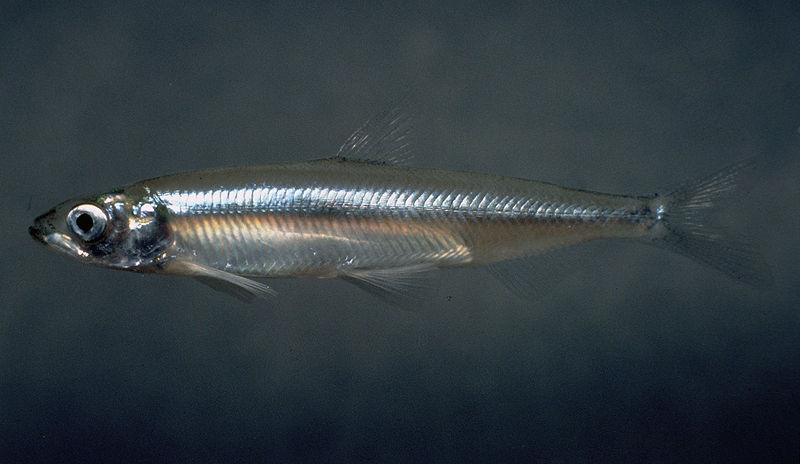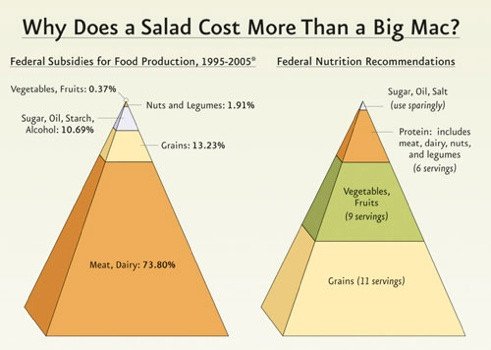日本の政治はだめだみたいな話をよく聞くけど、政治がだめなのは日本の専売特許ではない。カリフォルニアにおける水資源問題について。
Deceptive arguments are being made in California’s water wars
Apportioning this finite resource among cities, farms and the environment will require well-informed discussions, conducted responsibly and in good faith, and thoughtful investments in conservation technologies.
大農業地帯であるカリフォルニア中央部のセントラルバレーでは近年水不足が深刻だ。資源が限られている時それをうまく利用するためには慎重な議論が必要なのはその通りだ。
A perfect opportunity, in other words, for political posturing.
しかし同時に政治パフォーマンスの絶好の機会でもある。セントラルバレーでは失業率が40%を超える地域もあるそうで不満な有権者には事欠かない。
McClintock’s argument appears to be that the fault lies with the “environmental left” and its puppets in Washington, who place the fate of a silvery, 2-inch fish above the needs of human beings.
その一つの戦法は問題を過剰な環境保護にすり替えてしまうことであり、今回そのシンボルとして選ばれたのがDelta Smeltという小魚だ。

この小魚を人間様より重視するというのか!!という論理だ。
Though Fresno County officials projected 2009 to be a “dire year” in production, that needs to be measured against the record harvest of 2008, when the county’s $5.7-billion production value represented a nearly 6% increase over 2007.
この手の問題では常にそうであるように、これは実態を現してはいない。まず、干ばつで生産が落ち込んでいるという主張に問題がある。前年に比べて生産が減っていはいるが、それは昨年が記録的な豊作だったためだそうだ。
In dry periods, like the last few years, the federal government has still delivered to those users 100% of their contracted supply. This year Westlands, which sits at the bottom of the rights waterfall, may receive as little as 5%.
もちろん、問題が全くないわけではなく、水不足が深刻な地域もある。しかし、それは環境保護のためではなく、水の配分に関する制度の問題だ。下流から順に割り当てて行く仕組みになっており、優先順位の低い地域ではすぐに水不足が起きる。
Mendota’s annual unemployment rate has dipped below 25% only twice in the last 10 years, according to state statistics; in 2003, when the federal deliveries were better than 75% of contract supply, Mendota unemployment still approached 32%.
この制度的問題は今に始まったことではなく、現在40%の失業率で騒がれている地域ではこの十年間失業率が25%を切ったことがない。一番水が多く供給された年でも32%であり、高失業率は構造的な問題だ。
記事中ではダムなどの過剰な環境負荷が原因として挙げられているが、対策としては適切な価格設定が必要だろう。価格がつく事により環境への外部性をコントロールできるし、地域ごとに非効率な不均衡が生ずるのを防ぐことができるはずだ。
No amount of political bluster will solve these conflicts. Nor will an approach that treats the needs of every community of water users as superior to everyone else’s, that advocates the building of new dams that just repeat or magnify mistakes committed in building the old ones, or that reduces a complex issue to a comic-book conflict between human beings and a tiny fish.
しかし、そのためには今優先的に水の供給を受けている人から資源を取り上げる必要があり、農家にとっては財政的な負担になる。解決策は、言うまでもなく、全てを小魚のせいにすることだ。
Delta Smeltの写真はWikipediaより(パブリックドメイン)。

